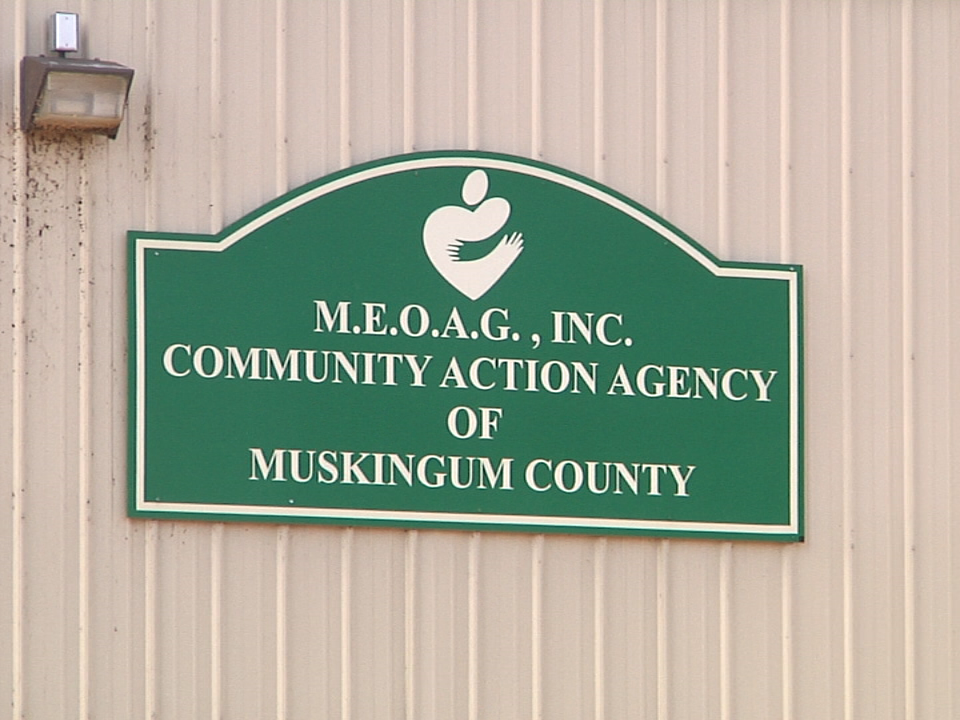Do Farmers Follow Farmers’ Almanac?
The Farmers’ Almanac is known for its long-term weather predictions, and it continues to be published-almost 200 years after the first edition went to the presses in 1818.
But with the advances in the field of meteorology, is the Farmers’ Almanac still reliable?
In the second part of WHIZ’s "Storm Team Series," Forecaster Emily Baird spoke with local farmers to see if they still rely on the Farmers’ Almanac to get their weather information.
Schroeder’s Vegetable Farm Owner, Rick Shroeder, says he uses a variety of sources to get his weather information, including his father’s advice when it comes to spotting wolly worms.
"They say when we have the black, we’re going to have a hard winter and when we have brown, we’re going to have a mild winter. Well, I’ve seen some of both, so it’s hard telling what we might have because of that, " says Schroeder.
Schroeder says he also turns to astronomy for help.
"Mainly, I go by the moon sings, which is part of the Farmers’ Almanac, " says Schroeder.
The Farmers’ Almanac will not give away the secret method it uses to construct its predictions, but it does site using certain math equations and atronomical data, but how accurate is it?
"Take over the last 50 to 100 years or whatever, it’s probably been right more than it’s been wrong, " says Schroeder.
Yet, some local farmers disagree with Schroeder and says they don’t use the Farmers’ Almanac at all.
"Never…(Why is that?)…Don’t believe in it, " says Barhart’s Greenhouse and Produce Owner, Mark Barnhart.
Barnhart says there’s no way anyone can know what is going to happen that far in advance.
"The weather service can’t predict the weather three days ahead. How can someone do it a year ahead? " says Barnhart.
"Farmers’ Almanac is based on climatology. Realistically, National Weather Service is the only place to get 80% of your information, Accuweather is also a good place. All the local TV stations is also a good place, " says Thomas Family Orchards Owner, Bill Thomas.
Thomas and Schroeder say it is important for these entities to get their forecasts right too.
"It has to be right if you want a good yield and everything to be coming at the right time, " says Schroeder.
So, all three farmers agree that it’s really important to know what’s going on, especially when it’s going to rain.
"If you know it’s going to rain for four days, and you have a lot of plants that need in the ground, you may plant night and day to get it in before it rains. You don’t want to plant 5,000 tomatoes if it’s not going to rain for two weeks, " says Barnhart.
They say the same goes if they need to prepare for a frost.
"If there’s a chance of frost, you’ve got to decide whether you want to pick things," says Barnhart.
All three say if weather forecasts are wrong, it can be frustrating on their end.
"We watch those things. We lose a lot of sleep over those things, but there’s not much we an do about it, " says Thomas.
Thomas says farmers’ livelihoods and sources of income are in the hands of mother nature and those weather enthusiasts who can accurately predict the weather.
I’m Emily Baird for WHIZ News.
If you’re curious about what weather lies in store for us next year, www.almanac.com for the Farmers’ Almanac’s 2010 predictions.




